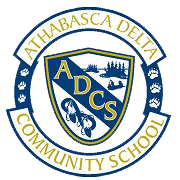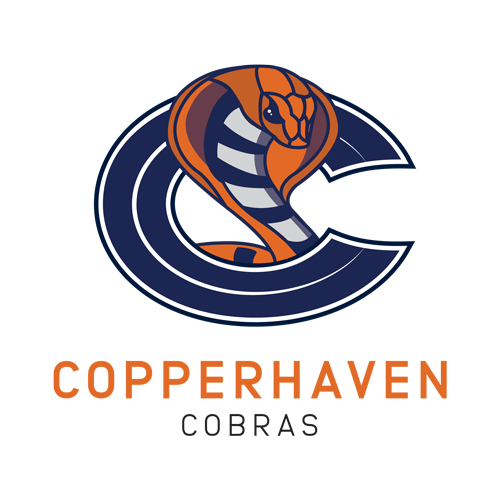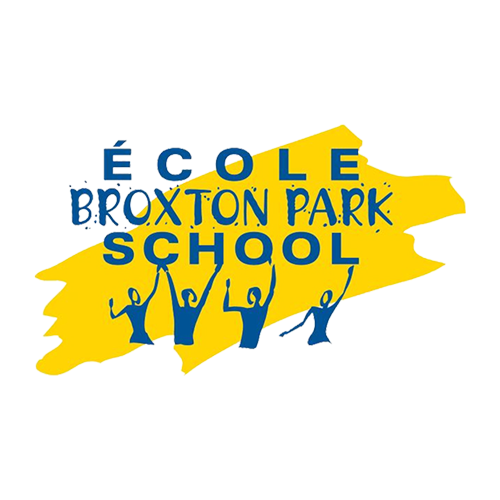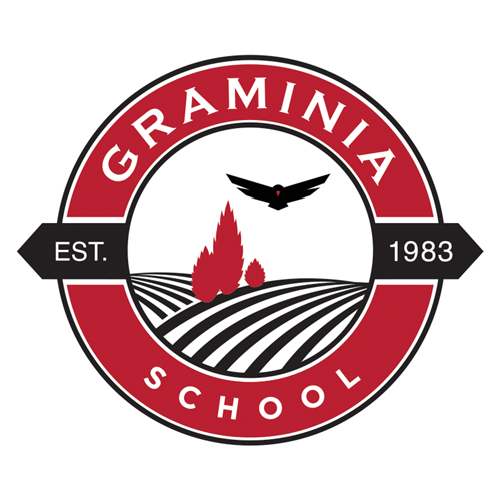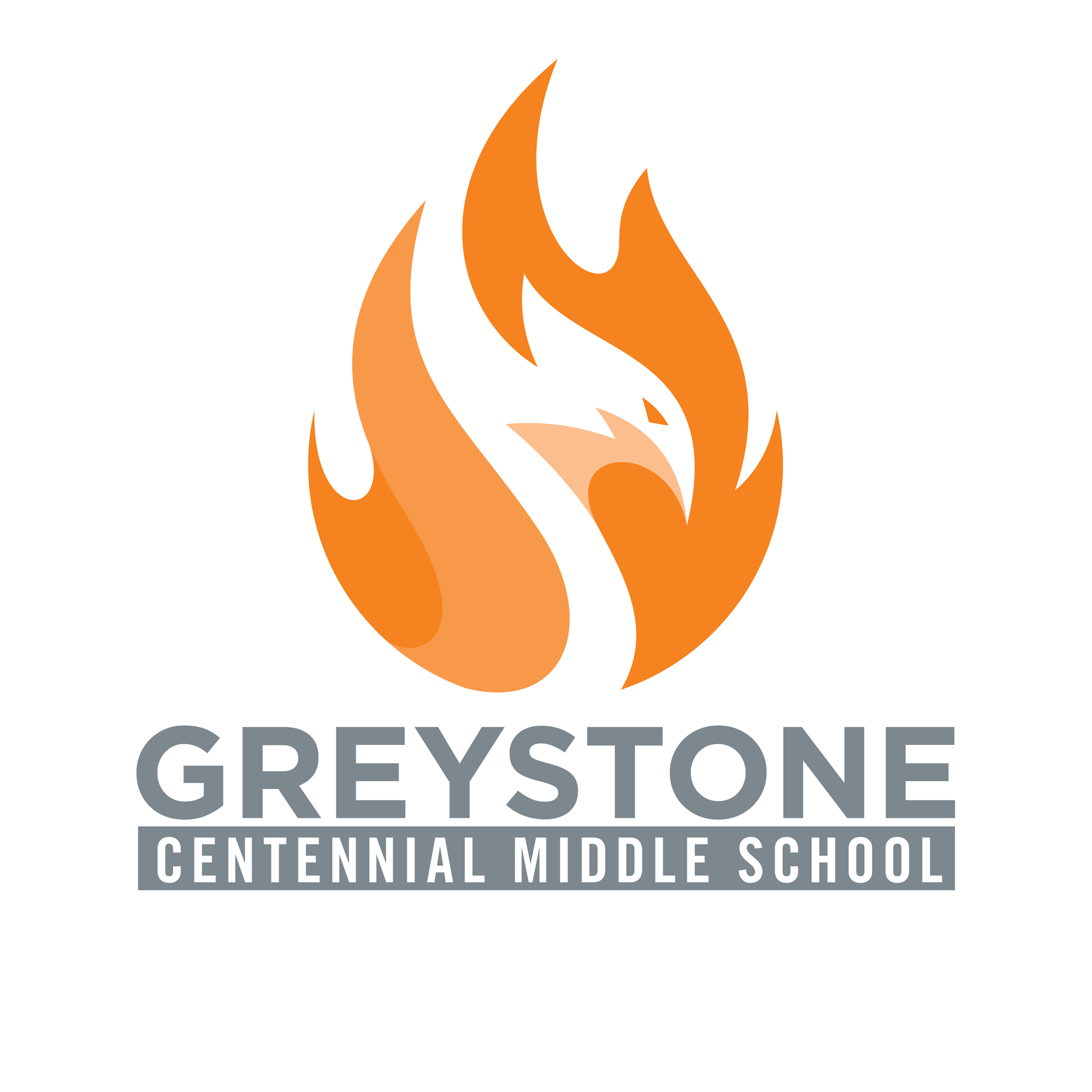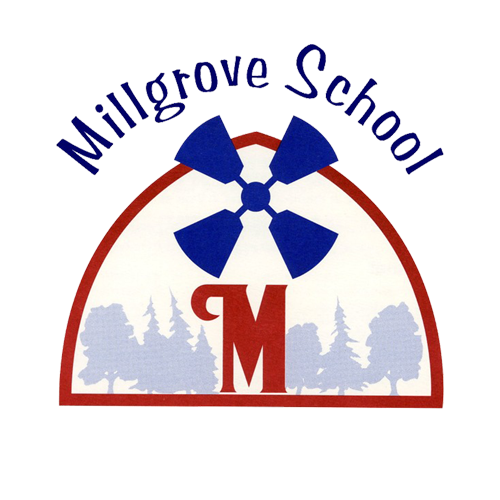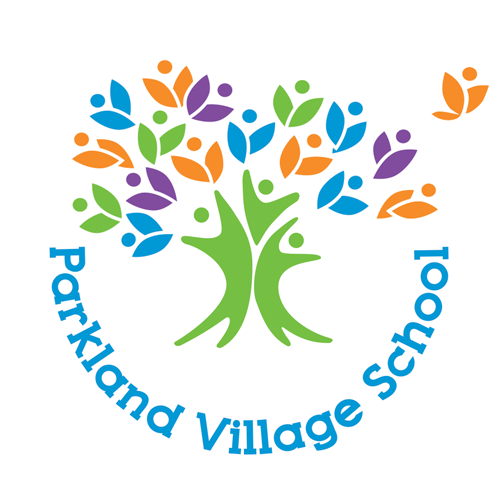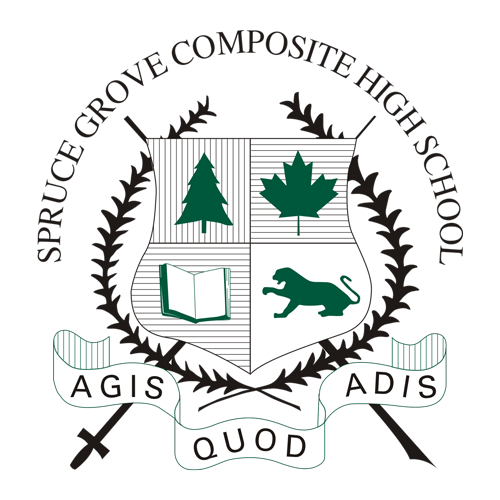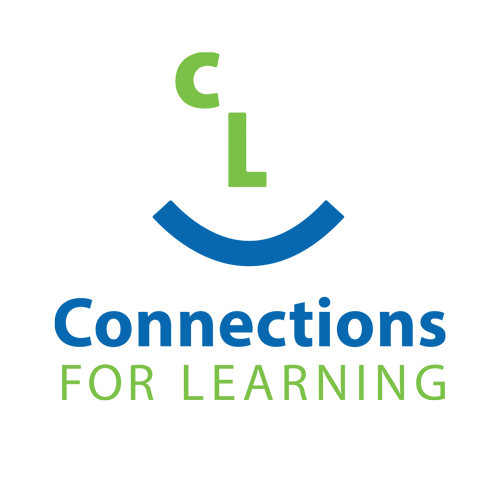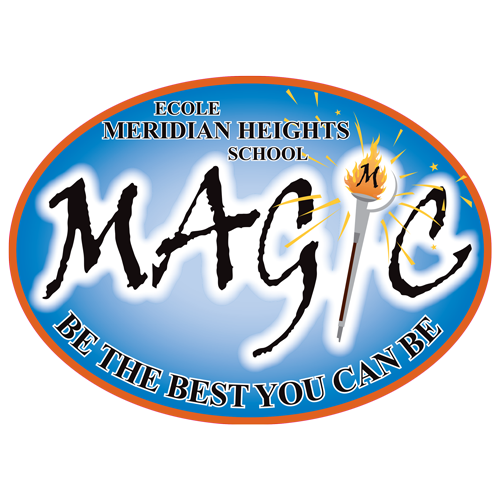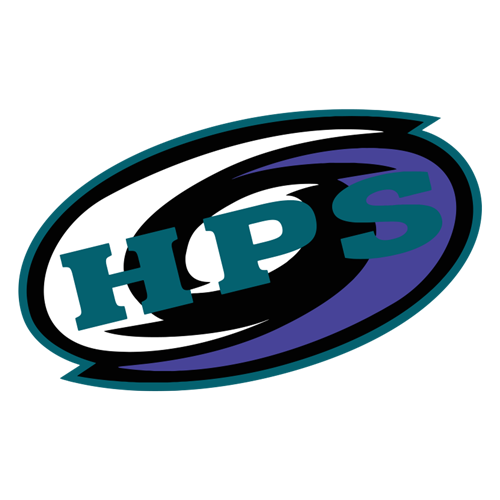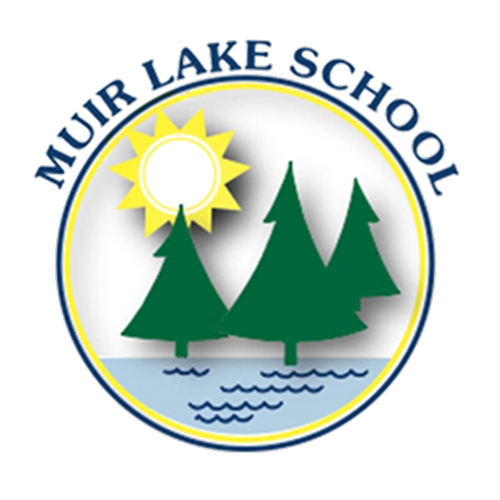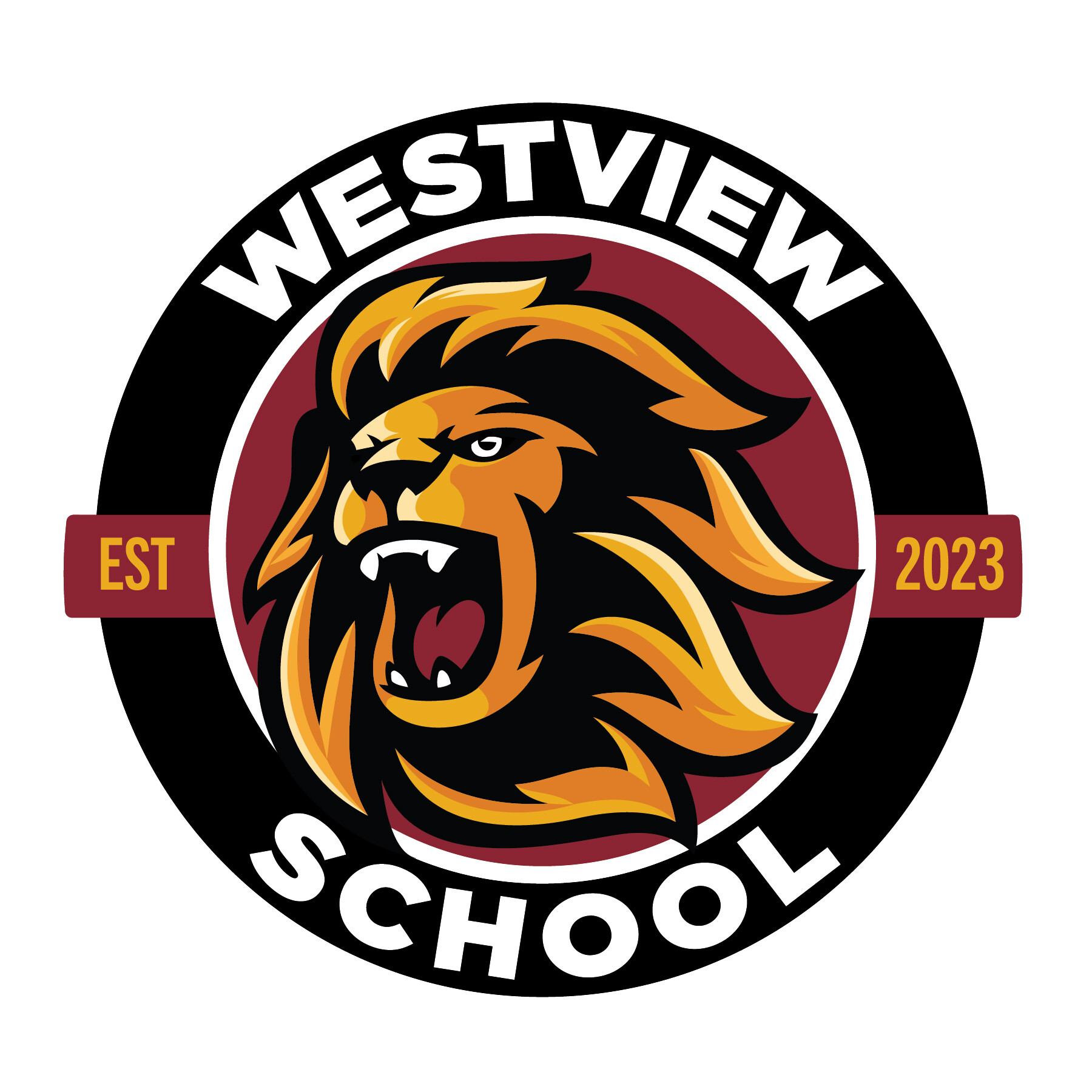Honouring Kamloops Residential School Students
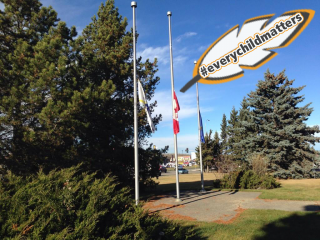
In Parkland School Division’s Land Acknowledgement that is used to begin formal celebrations, gatherings and meetings it ends with: We respect all cultures with an open heart and an open mind. We ALL heal together. However, our hearts are broken and healing for many is required as we join the nation grieving after the shocking discovery of 215 children in unmarked graves at a site near the former Kamloops Indian Residential School.
To honour those children and to pay respect to the Tk’emlúps te Secwépemc First Nation, Parkland School Division will fly our flags at half mast at the Division’s Centre for Education in Stony Plain and at all our schools throughout the Division.
PSD schools will pause at 2:15pm on Monday, June 21st (National Indigenous Peoples Day) to once again remember all those students who did not return home as well as offer healing hearts and thoughts to those residential school survivors and families who endure intergenerational trauma from this dark time in our country’s history. At this time, flags will once again be raised as we all move forward on a path to Truth and Reconciliation.
The Truth and Reconciliation Commission (TRC) noted that large numbers of Indigenous children who were sent to residential schools never returned to their home communities. Some children ran away, and others died at the schools. The students who did not return have come to be known as the Missing Children. The Missing Children Project documents the deaths and the burial places of children who died while attending the schools. To date, more than 4,100 children who died while attending a residential school have been identified.
Tk’emlúps te Secwépemc is the home community of the Kamloops Indian Residential School which was the largest school in the Indian Affairs residential school system.
For more information, visit tkemlups.ca.
Talking to Your Children
The North American Centre for Threat Assessment and Trauma Response (NACTATR) has compiled a helpful resource to aid parents and guardians in talking about this tragedy with their children. Dr. Marleen Wong makes the following recommendations based on the context of this event and current prevention, intervention and resilience research in child trauma, brain science and the healing power of meaningful connections and conversations between caring adults and children:
- Take a moment. Take a deep breath. Take stock of your own emotions before talking about the Kamloops tragedy with your child. The purpose of your conversation is to understand and to address your child’s concerns. Your child needs you to be calm and to reassure them that their safety is of greatest important to you.
- Listen to your child’s fears, questions and worries to understand what they are thinking or feeling without criticism or judgment.
- You can say something to protect them If they ask, “How did the children die?" or "Why did this happen?” For example, they may be wondering “Might this happen to us?” A short, honest, and reassuring answer for a young child would be something like, “This happened when children were separated from their parents for no reason except they were First Nations children. They were forced to live in residential schools where they were treated badly. We don’t allow this to happen anymore. We have laws against it, and leaders who have told us how wrong it was.”
- Connect with them in age-appropriate ways. Children in Kindergarten or early elementary grades want to know that they and their loved ones are safe. Let them know they can come to you anytime they feel worried or afraid.
- Think together about ways you and your child can reach out and make a difference. You might decide to do a good deed. There may be children in your community who can benefit from kindness and inclusion.
- Model kind and sensitive behaviour. Start slowly. In the beginning, keep it brief. Your child will let you know what they are worried about, which will change over time as more is known. We know that hundreds of residential schools will now be subject to the same scrutiny as the former Kamloops Residential School. Even though some of the survivors of Kamloops have said that they were not surprised by the discovery of the child graves, there is more trauma ahead if new discoveries are made about other abuses and losses.
- Model tolerance, respect and civic engagement. This is the best way to make sure your child grows up to understand the lessons of the history of Indigenous people. Sponsor a family, help out at a food bank, find a way to give back and help make the world a better place for us all.
- In your actions, show that you believe in your child’s resilience. Yes, it is a dangerous world, and there are reasons for fear. That said, they are not alone, and together you can use the lessons of the past to help your child feel empowered by helping to create a world that is safer, kinder, and more loving.
- Be creative. Help your child find healing avenues of creative expression, whether musical, visual, linguistic or dance-based, or in some other culturally- or spiritually-relevant way.
- Teach your children how to face a crisis. Be honest and provide reliable information. If you don’t know, it’s okay to acknowledge that. You can say, "That’s a really good question; let’s think about how we can find the answers." Don’t overwhelm your child with more than they need to know at the time. Your child will be reassured by your honesty. Children can feel secure in a dangerous world if they feel they have a caring adult they can depend upon and trust.
- Share your belief that love is stronger than hate. Help your child move toward constructive actions that fight every kind of bigotry and prejudice. Share stories of the courage of First Nations heroes in everyday life who have stood up to racism and discrimination. Point out ways in which you have observed your child speaking out, reaching out or helping others at home, at school, in clubs, in places of worship or in other activities.
For more information, please see the full Rekindled Trauma: Former Kamloops Residential School document from NACTATR.
